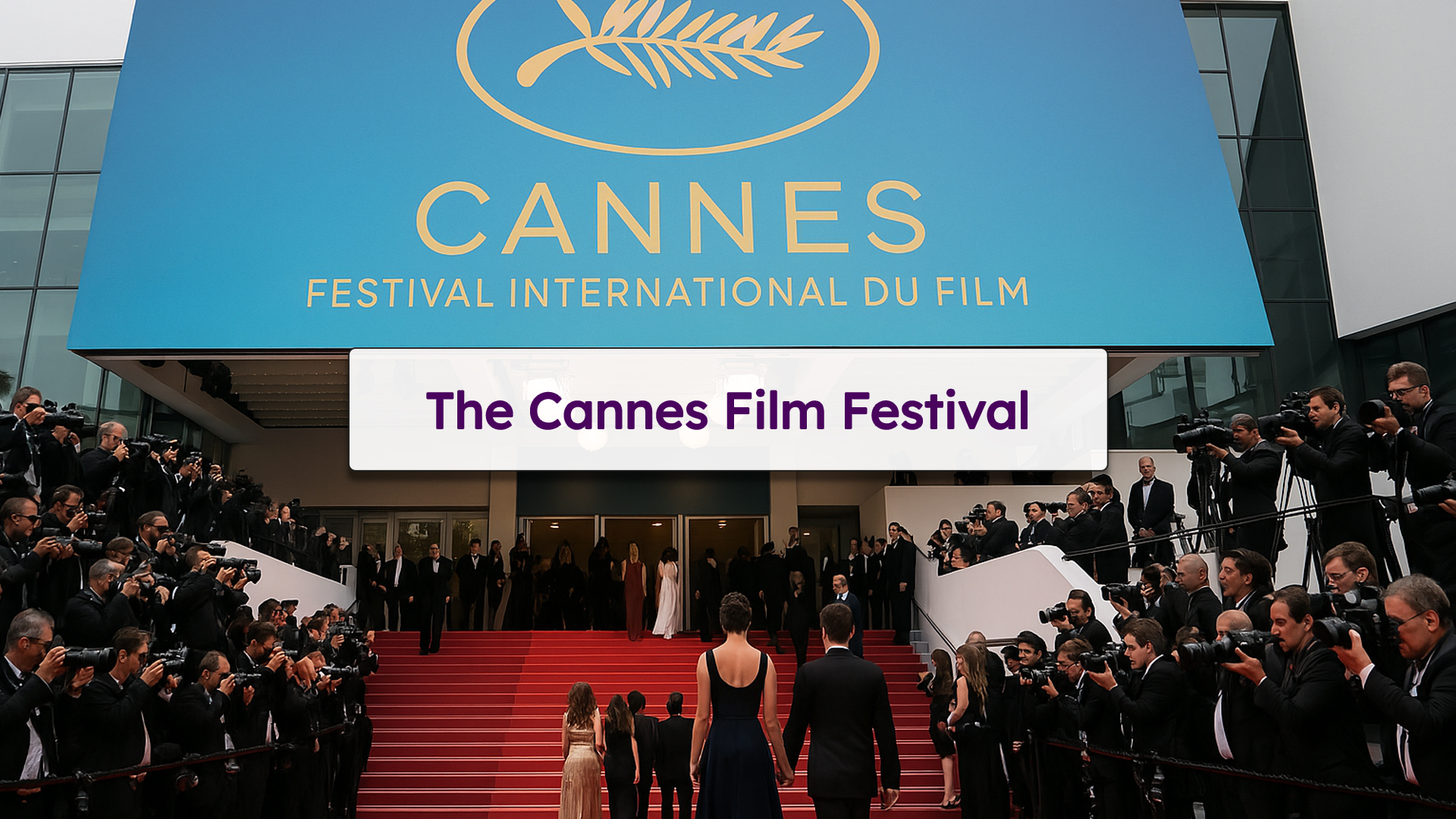Each May, the French Riviera becomes the center of the cinematic universe. Flashbulbs pop, red carpets roll, and filmmakers from around the world gather in the seaside town of Cannes for what is widely considered the most prestigious film festival in the world. But how did Cannes earn its place at the pinnacle of global cinema?
A Glamorous Beginning
The story of the Cannes Film Festival begins in 1939, born out of a desire for artistic freedom and international cooperation. France aimed to create a festival that would rival the Venice Film Festival, which had increasingly come under the influence of fascist governments in the years leading up to World War II. Though the outbreak of the war delayed Cannes’ inaugural event, it eventually launched in 1946 with a celebration of creativity, internationalism, and cinematic innovation.
Rising Through the Ranks
Throughout the 1950s and 60s, Cannes built its reputation not only through the films it showcased, but also the cultural weight it carried. Directors like Federico Fellini, Ingmar Bergman, and François Truffaut brought films that would become part of cinema’s canon. At the same time, stars like Brigitte Bardot and Grace Kelly turned the red carpet into a spectacle of style and celebrity. The festival became not just a showcase of great filmmaking, but a cultural event that combined art and glamour like nothing else.
Championing Global Cinema
What truly sets Cannes apart is its deep commitment to global cinema. Long before diversity and inclusion became buzzwords in Hollywood, Cannes was recognizing and rewarding work from across continents. From Japanese master Akira Kurosawa to Senegal’s Ousmane Sembène, Cannes provided an international stage that celebrated film as a universal language.
The festival’s highest honor, the Palme d’Or, is among the most coveted prizes in the industry, often launching films into critical and commercial success. Winners like Pulp Fiction, The Pianist, and Parasite have gone on to leave indelible marks on cinema history.
The Power of Controversy
Cannes has also thrived on its willingness to push boundaries. It has long been a platform for bold, provocative, and sometimes divisive works. Films like Fahrenheit 9/11, Blue is the Warmest Color, and Titane sparked conversation and sometimes outrage — but always elevated the discourse around filmmaking.
More Than a Festival
Over time, Cannes has become more than just a film festival. It’s a marketplace, a networking hub, and a cultural lightning rod. The Marché du Film, held alongside the festival, is one of the largest film markets in the world, where deals are brokered and the future of cinema is often decided.
Legacy and Future
Today, Cannes remains the gold standard in the film festival circuit. Despite growing competition from Venice, Toronto, and Berlin, no other festival matches Cannes in terms of prestige, history, and influence. Its blend of old-world elegance, global scope, and cinematic daring keeps it at the heart of the film world.
As it continues to evolve — embracing streaming debates, expanding inclusivity, and spotlighting emerging voices — Cannes holds fast to its original mission: to celebrate the art of film at its highest level.


